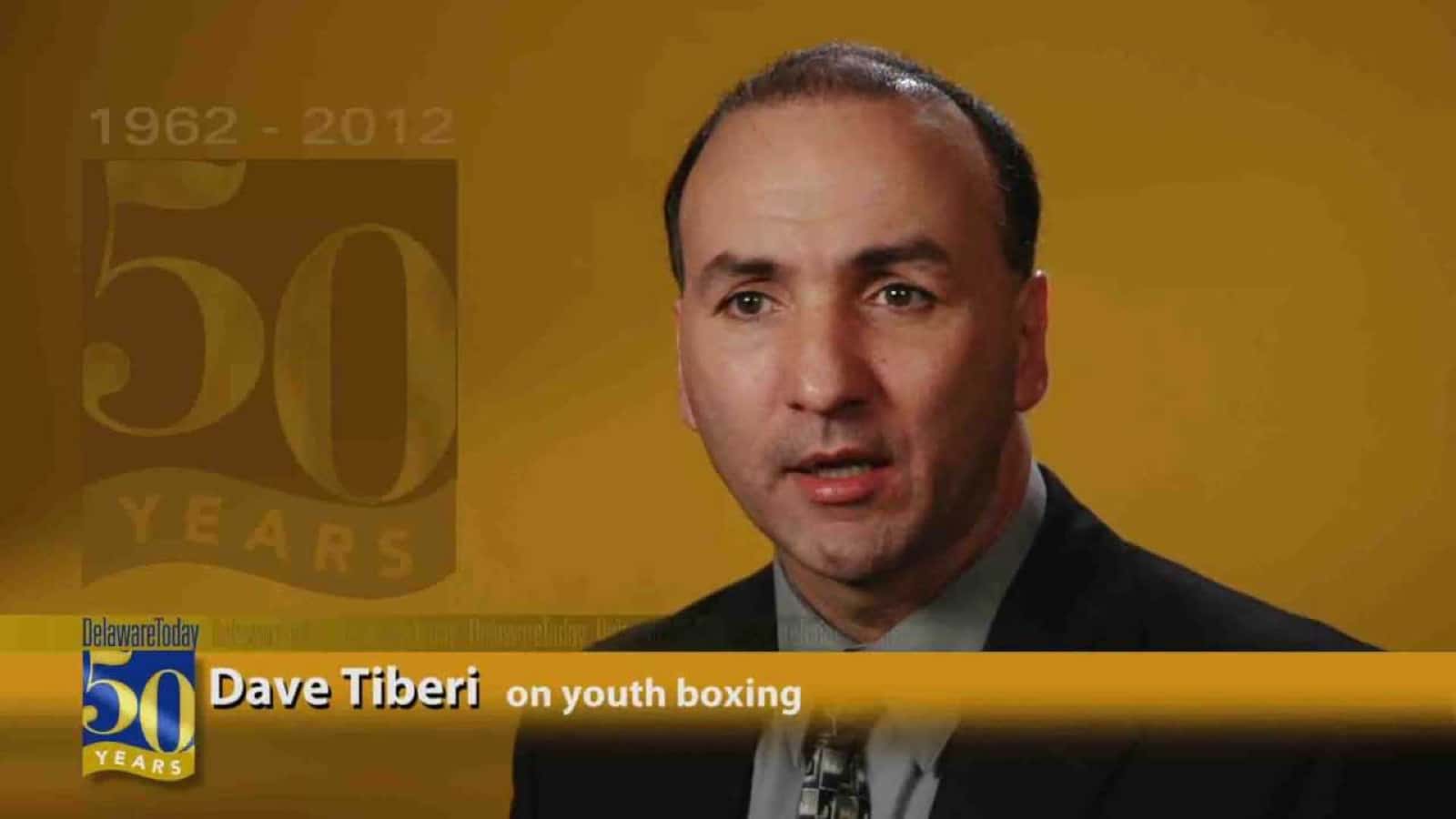On February 8, 1992, the boxing world witnessed a most controversial decision. The points win defending IBF middleweight champ James Toney received after 12 punishing rounds with hefty underdog Dave Tiberi stunned millions; with commentator Alex Wallau calling the decision “one of the most disgusting I have ever seen.”
Tiberi quit the sport in disgust, while the decision became the subject of a Senate Committee investigation.

Here, the long since retired Tiberi speaks about the robbery that changed his life:
Q: 30 years on, are you still bitter about that decision?
Dave Tiberi: “It’s interesting; James Toney has recently sent me a friend request on Face Book! You know, it’s amazing how fast the time went by. When I look back and reflect, I focus mostly on the fight itself and what went on behind it. The decision, I had no control over that. In the middle rounds of the fight, I felt I could stop James Toney. But both of my gloves were ripped and they called a time-out, of around five-and-a-half minutes (between rounds five and six), and that was during one of my strongest rounds, when my momentum was picking up. When I left the ring and went to the press conference – and James Toney went to the hospital – I was strong and I felt good. I was peaking as a fighter at that time.”
Q: Had you other fight offers before the Toney fight?
D.T: “We were offered multiple fights: with [Sugar Ray] Leonard and [Roberto] Duran. But I remember my trainer Marty Feldman saying, ‘ Yeah, but if you beat ’em, people are gonna say they were on their way out so it doesn’t matter.’ So James Toney, who had just been voted The Fighter of the Year, was definitely the right fight. And the ace in the hole for me was the fact that I had a really good chin and I had a great, great camp. My chief sparring partner was a young Bernard Hopkins, who literally emulated James Toney for me; the shoulder rolls, everything. And I also had “Prince” Charles Williams to spar. Prince Charles would push me around for four or five rounds, then Bernard would come in and he’d give me all these angles, keep me off-balance, throw counters. So much credit goes not to me, but to these people who got me truly prepared for war. I was at peace when I entered the ring, I had my bible open; I’m a very religious person. And Marty Feldman told me I was going to shock the world, that I would be the first man to stop Toney. He told me to back Toney up, keep bumping him around with my elbows, and to sit under his punches. The first-round, I pulled out a little bit and he caught me with a left hook (laughs). As soon as that happened, I knew just what Marty was saying.”
Q: What’s your opinion on Toney all these years later?
D.T: “I say this without any reservation: James Toney is a great fighter. I’m just talking about that day, February 8, 1992. I’m confident enough to say that if we had fought again I would have won again. I just know that styles win fights and my style is ideal for fighting James Toney. After the fight, Bob Arum was there, as was Donald Trump, and public feeling was it was a bad decision. I got offered a ton of money for the rematch and that’s when it became a money issue. I turned down the rematch as it had become a money issue not a moral issue. I received a phone call from U.S senator Bill Roth, who was head of subcommittees on investigations, which is really the only body in America that could investigate the fight. He immediately had the committee on investigations investigate the fight. A book came out and within months the findings came out. It turned out, two of the three judges in Atlantic City, who awarded James Toney the fight, were unlicensed in New Jersey; the other judge, he scored the fight for me at 117-111, a blowout! In the same hearings, the referee, Robert Palmer, he was considered green and incompetent prior to my fight – incompetent to do a world championship. He deducted a point from me for a low blow (in round six), without a warning. Also, both gloves that they said were torn, that they off course took off [me during the fight], after the fight, they could not be found.”
Q: You have no regrets over never taking the rematch?
D.T: “I just said to myself, ‘What makes me think this will not happen again?’ But it was one of the hardest decisions of my life turning down that rematch; I had a baby at the time. I worked my whole life since the age of five; I was one of 14 children. So when someone tried to flash money in front of me, it wasn’t gonna persuade me. So then I felt like I was representing boxers from all over the world. I thought, this is going to continue to happen; I needed to take the stance I took. I was not for sale. That day in February of 1992 the rules of boxing were broken on national television in front of millions of people. It ultimately led, ten years later, to a bill being passed by President Bill Clinton, called The Muhammad Ali Boxing Reform Act (of 2000). It wasn’t just about me.”
